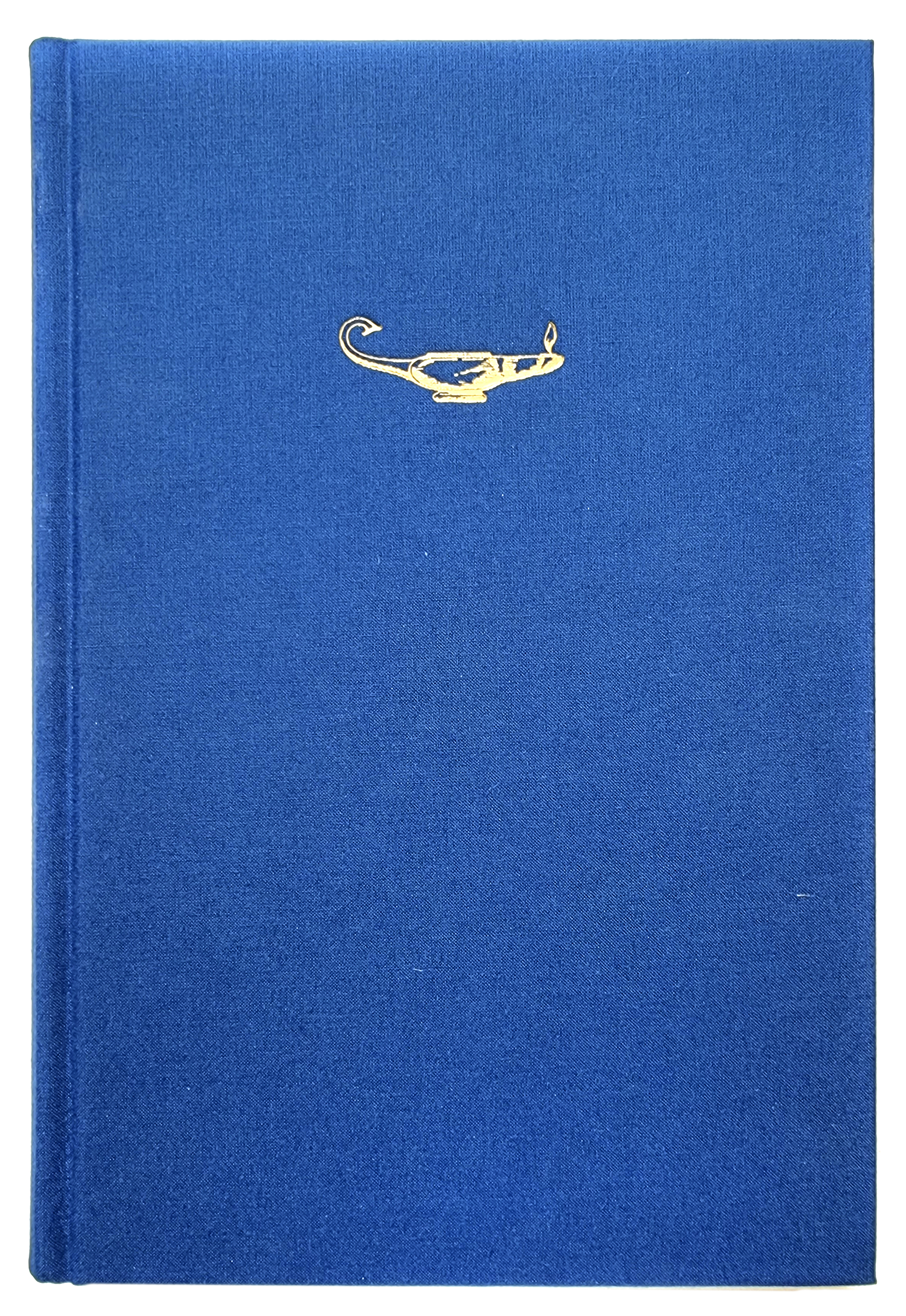Om ateismens rörelse genom lokal organisering. Fallet Göteborg
Nyckelord:
Atheism, Humanism, Non-religion, Sweden, 20th centuryAbstract
The field of the history of atheism, secularism, and humanism is growing. Much research studies canonized thinkers assuming a linear diffusion of their ideas. Such studies however must be complemented with a contextual investigation of the broader circulation of atheism. Methodologically, one way of doing this is focusing atheist organizations. In this article, I attempt doing this, through a study of a local case, namely atheist organizations in the city of Gothenburg during the twentieth century. The historical study of atheism in Sweden is a small field, and this specific topic and material have so far not been studied. The primary purpose of the article is thus to descriptively map this activity, but by doing this, I also aim to discuss the question of whether atheism should be seen as a unitary or plural phenomenon. I ask which atheist organizations have existed, what similarities and differences there have been between them, and in what way the local context has played a role for them. I have identified four organizations: Svenska Fritänkareförbundet, and Ateistisk Organisation, both founded in Gothenburg, and local chapters of the national organizations Förbundet för Religionsfrihet, and Humanisterna. While they have similarities in working for reforms for increased freedom of religion, they show large dissimilarities in political orientation, in the amount and rhetoric of their critique of religion, and to some extent in their activities. Following this, I side with those stressing the plurality of atheism. There are no connections between the organizations, and thus no local tradition as such; there is no specific “Gothenburg atheism”. However, focusing a local case is a fruitful way of studying the wider phenomenon of organized atheism.
Downloads
Publicerad
Nummer
Sektion
Licens
This work is licensed under a Creative Commons Attribution 4.0 International License. The copyright for the work published in Lychnos remains with the authors.


